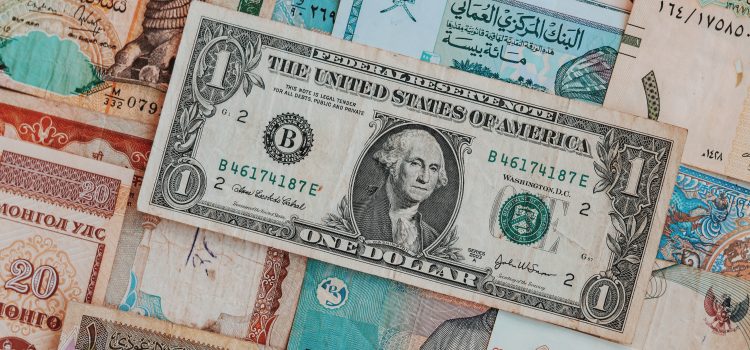
In the tumultuous landscape of global economics, the art of forex trading has emerged as both a battleground and a goldmine during times of crises. As markets fluctuate, currencies soar and plunge, leaving traders to navigate choppy waters. Economic crises, while breeding uncertainty and volatility, also unveil unique opportunities for savvy forex traders.
Surviving the Storm: Tactics for Forex Traders
- Risk Management Amidst Uncertainty: Successful traders during crises are adept at managing risk. They diversify their portfolios, employ stop-loss orders, and cautiously leverage their positions to shield against sudden market swings.
- Staying Informed and Adapting Strategies: Traders keenly monitor geopolitical events, central bank policies, and economic indicators. The ability to swiftly adapt strategies based on unfolding scenarios is crucial.
- Focus on Safe-Haven Currencies: During economic turmoil, safe-haven currencies like the US dollar, Swiss franc, and Japanese yen often gain strength. Traders strategically position themselves in these currencies to weather the storm.
- Utilizing Volatility for Profit: While crises breed uncertainty, they also generate volatility. Seasoned traders capitalize on this volatility by making short-term trades, taking advantage of rapid price movements.
Uncovering Opportunities: Prospects Amidst Chaos

- Market Dislocations as Opportunities: Economic crises often cause market dislocations where prices deviate from their fundamental values. Traders with a keen eye identify these mispricings and capitalize on them for profits.
- Arbitrage and Speculation: Crises create discrepancies between currency pairs in different markets. Astute traders seize these arbitrage opportunities, profiting from price differences, while others engage in speculative trades, aiming for high returns amidst heightened volatility.
- Long-Term Investments in Depreciated Currencies: Some traders adopt a contrarian approach, investing in currencies that have plummeted due to the crisis, banking on their potential recovery in the long term.
Verifying Information in Forex Trading
Journalistic integrity demands robust fact-checking and verification. In the realm of forex trading, this involves cross-referencing information from reputable financial news sources, verifying market data from multiple platforms, and consulting expert opinions to confirm the authenticity of trends and events.
Ethical Considerations in Reporting Forex Trading Strategies
Journalistic ethics dictate the responsible reporting of financial information. While sharing strategies and tactics, it’s crucial to emphasize the risks involved in forex trading. Encouraging responsible trading practices, transparency about potential losses, and urging readers to seek professional financial advice is paramount.
Opinion: Striking a Balance between Risk and Reward
In the world of forex trading during economic crises, the line between opportunity and peril is razor-thin. The lure of potential profits can blind traders to the substantial risks involved. Striking a balance between seizing opportunities and practicing caution is imperative for traders seeking success in tumultuous times.
In conclusion, the realm of forex trading during economic crises is both treacherous and promising. Surviving and thriving in such conditions demands a blend of astuteness, adaptability, and an ethical approach. For traders navigating these volatile waters, the balance between risk and opportunity will be the compass guiding their journey.










